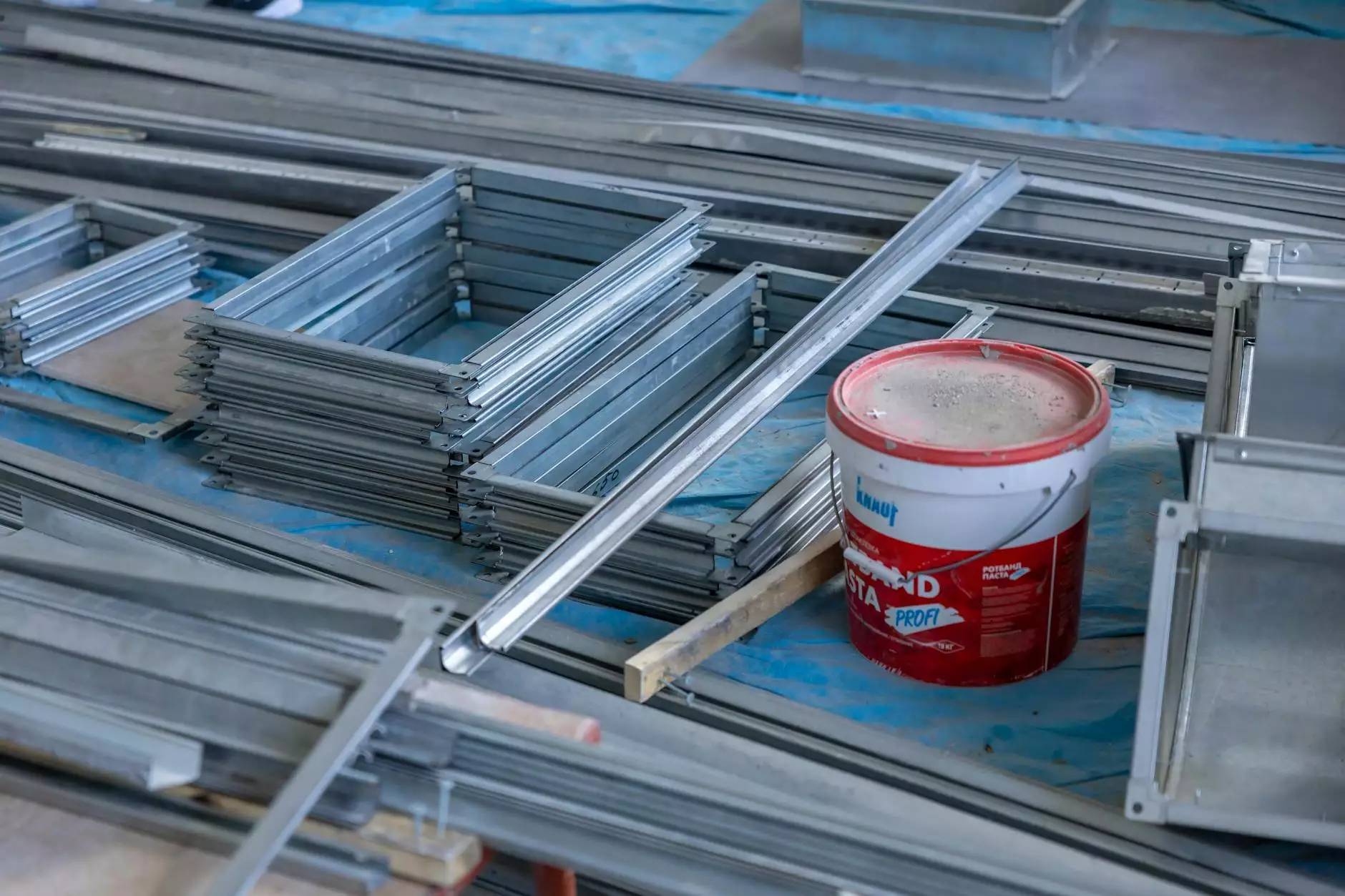Ultimate Guide to Jeep Drivetrain Upgrades

When it comes to enhancing the performance and reliability of your Jeep, understanding the importance of drivetrain upgrades is essential. These upgrades not only improve the driving experience but also extend the lifespan of your vehicle. This guide is designed to provide you with in-depth knowledge about Jeep drivetrain upgrades, covering everything from the basic components to advanced modifications.
Understanding the Drivetrain
The drivetrain is a crucial system in your Jeep that transmits power from the engine to the wheels. It comprises various components that work together to ensure smooth operation and robust performance. A well-maintained drivetrain enhances not only your Jeep's performance but also its driving dynamics in various terrains.
Key Components of the Drivetrain
- Transmission: This component transfers power from the engine to the drive shaft. Upgrading your transmission can lead to improved power delivery and efficiency.
- Driveshaft: The driveshaft connects the transmission to the axles. A high-performance driveshaft can reduce rotational mass, leading to faster acceleration.
- Differential: The differential allows for the distribution of power to the wheels, enabling smooth turns. Upgrading to a locked differential can enhance traction in off-road conditions.
- Axles: Stronger axles are essential for bearing the increased torque resulting from engine upgrades or heavy off-road use.
Why Upgrade Your Jeep's Drivetrain?
Upgrading your Jeep's drivetrain comes with numerous advantages that cater to both on-road and off-road enthusiasts:
- Enhanced Performance: Upgrades can significantly improve acceleration, torque, and horsepower, making your Jeep more responsive.
- Increased Reliability: Stock components may wear out quicker under heavy use. Upgrading to more durable parts ensures longer life and fewer breakdowns.
- Improved Fuel Efficiency: A well-tuned drivetrain can optimize fuel consumption, leading to cost savings over time.
- Better Off-Road Capability: For avid off-roaders, enhanced traction and stability can make a significant difference in rough terrains.
Essential Jeep Drivetrain Upgrades
Now that you understand the importance of the drivetrain let’s explore the upgrades you can consider:
1. Transmission Upgrades
Upgrading your Jeep's transmission is one of the most impactful modifications you can make. Options include:
- High-Performance Transmission Kits: These kits often include improved clutches, bands, and valve bodies that result in faster shifts and better power handling.
- Transmission Reprogramming: Adjusting the transmission's shift points can optimize performance for towing or off-road situations.
2. Upgraded Driveshaft
A stronger driveshaft can handle the rigors of off-roading better than stock options. Consider:
- CV Joint Driveshafts: These offer smoother operation and greater articulation, which is ideal for lifted Jeeps.
- Lightweight Aluminum Driveshafts: These can reduce weight, improving acceleration and efficiency.
3. Differential Upgrades
Optimizing your Jeep’s differential is crucial for off-road performance:
- Limited-Slip Differentials: These provide better traction compared to standard open differentials.
- Locking Differentials: Absolutely beneficial for extreme off-roading, these ensure that both wheels on an axle turn at the same speed, preventing spin-outs on slippery surfaces.
4. Heavy-Duty Axles
For those who push their Jeeps to the limits, installing heavy-duty axles is essential. They offer:
- Increased Load-Bearing Capacity: These axles can withstand higher torque, making them ideal for modified engines.
- Improved Durability: Upgraded materials and construction techniques extend lifespan against harsh conditions.
Choosing the Right Upgrades for Your Jeep
When considering upgrades, it's crucial to evaluate several factors:
- Driving Style: Analyze how you use your Jeep. Off-road enthusiasts will need different upgrades than those using their vehicle primarily on the road.
- Future Modifications: If you plan to upgrade your engine or add heavy accessories, ensure your drivetrain upgrades can accommodate these changes.
- Budget: Upgrades can range significantly in price. Prioritize according to your immediate needs and long-term goals.
Installation Tips for Jeep Drivetrain Upgrades
Installing drivetrain upgrades can be a challenging task. Here are some tips to make the process smoother:
- Follow Manufacturer Instructions: Always adhere to the guidelines provided with your upgrade parts.
- Utilize Professional Help: If you're not savvy with tools, it’s advisable to have a professional install the upgrades to ensure they're done correctly and safely.
- Regular Maintenance: After installation, keep up with regular maintenance to ensure longevity and optimal performance.
Frequently Asked Questions about Jeep Drivetrain Upgrades
What is the best upgrade for off-roading?
The best upgrade for off-roading would be locking differentials and heavy-duty axles. They provide better traction and resilience against rugged terrain.
Can drivetrain upgrades improve fuel efficiency?
Yes, an optimized drivetrain can lead to improved fuel efficiency, especially if you also upgrade your transmission and adjust shift points.
How often should I upgrade my drivetrain components?
It depends on usage. If you frequently off-road or modify your Jeep’s power, consider upgrades every few years or as components show signs of wear.
Conclusion
Investing in Jeep drivetrain upgrades is a significant step towards enhancing your vehicle's performance, reliability, and driving enjoyment. Whether you're an off-road enthusiast or daily driver, the right modifications can transform your Jeep into a powerhouse ready for any challenge. Remember to weigh your options carefully, choose quality parts, and don’t hesitate to seek professional assistance when needed. With the right upgrades, your Jeep can perform better than ever and provide you with countless adventures.
For more information on Jeep drivetrain upgrades and other automotive enhancements, visit us at offroad-zone.com.



